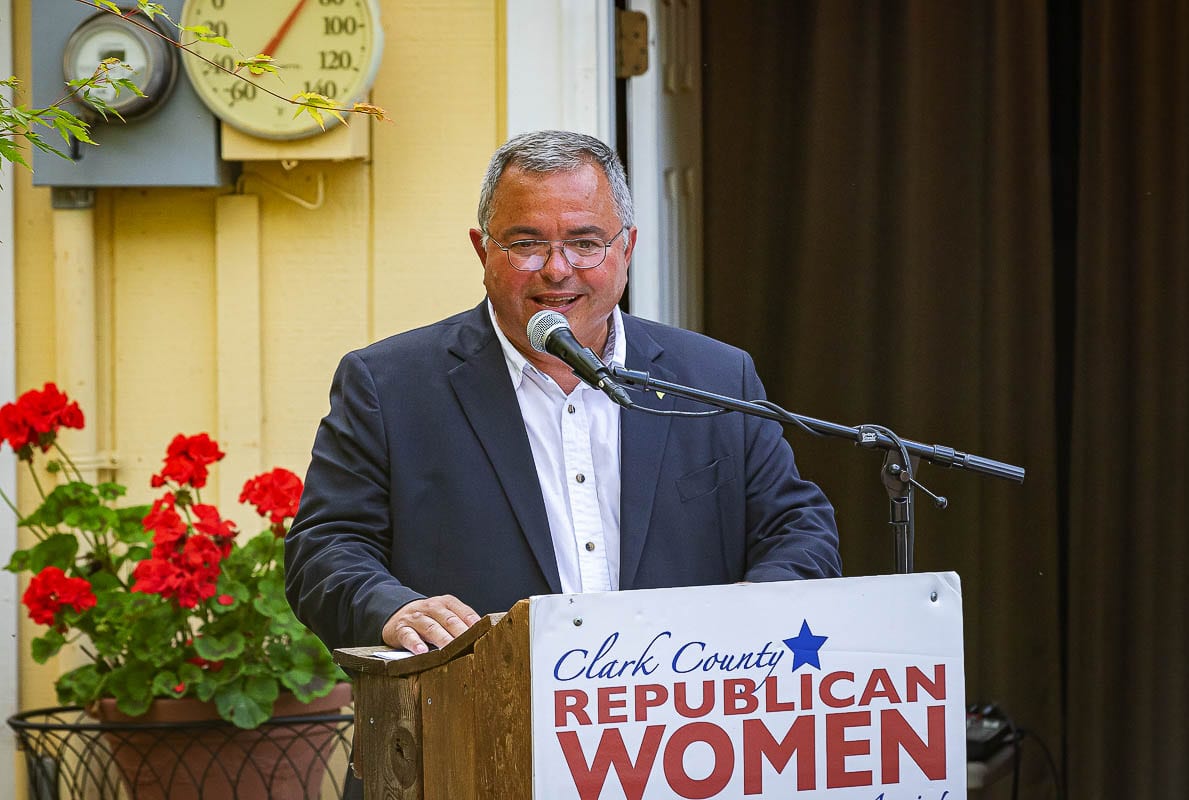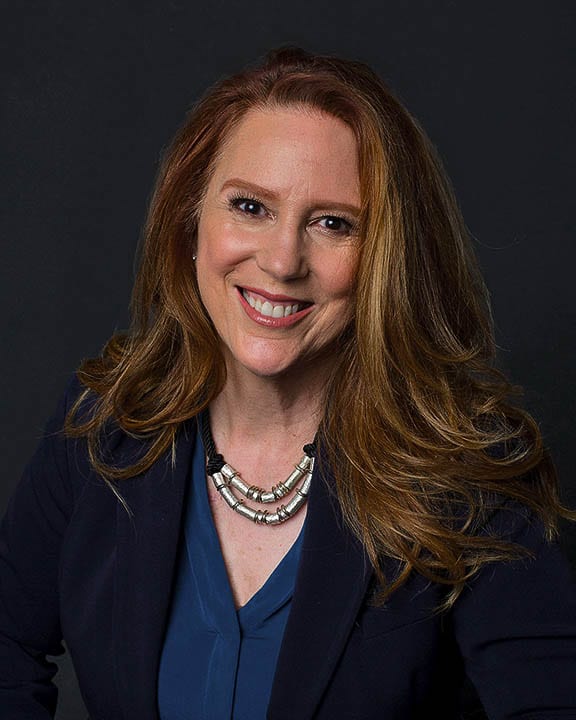Culp and attorney Stephen Pidgeon claim witnesses were scared to testify publicly
Saying its witnesses were backing out over fears of reprisal, the campaign of former gubernatorial candidate Loren Culp has dropped its lawsuit alleging widespread election irregularities.
Washington Secretary of State Kim Wyman announced Friday that the Culp campaign withdrew the case “with prejudice,” meaning it could not be re-filed.

“These unsubstantiated allegations were without merit and created confusion among Washington voters,” said Wyman. “Today we finally have an opportunity to shed light on some of the misleading and inaccurate assumptions made in this lawsuit, and can continue working to restore confidence with a swath of Washington’s electorate.”
Culp, who lost by 545,177 votes in November, claimed in the lawsuit, among other things, that more than 300,000 people who had moved out of state were allowed to vote.

Wyman said Culp’s analysis relied on incomplete information, using the U.S. Postal Service National Change of Address (NCOA) list to identify 339,000 registered voters who “had moved, but their addresses were not up to date.”
“Election officials do not rely solely on NCOA data when verifying addresses, and steps to mitigate the risk of erroneous removal from the rolls are taken prior to updating a voter’s registration record,” Wyman’s release noted. “A vast majority of any perceived discrepancies in the data can be attributed to trivial factors, such as using ‘N’ instead of ‘North’ in a street address or the NCOA data listing a post office box instead of a residential address. Also, Washington voters who have their mail forwarded out of state may still be considered a resident for voting purposes.”
Culp’s lawsuit also alleged that just 117,543 of the 5,236,436 addresses in the NCOA had a nine-digit zip code, implying that the database had not been properly updated in at least four years.
“Zip codes beyond the first five digits are not routinely stored because the additional digits change frequently,” Wyman responded. “Prior to ballots being mailed in every election, mail houses reformat addresses to ensure consistency with USPS standards, including providing the additional four digits.”
In response to allegations that over 7,000 “dead voters” were included in the state’s totals, Wyman said election officials have numerous means to identify deceased voters.
“Samples analyzed by some counties found these claims to be baseless, as ballots returned by deceased people are valid so long as the voter was alive at the time they cast their ballot,” Wyman wrote.
Despite withdrawing the lawsuit, Culp appeared far from backing down from his allegations on Friday.
During an appearance on the Dori Monson Show on KIRO Radio in Seattle, Monson said his attorney, Stephen Pidgeon, had been unable to convince many of their witnesses to testify under oath.
“We had several people that were lined up, people that were in the United States from foreign countries,” Culp said. “They were ready, according to them, signed affidavits that they got ballots even though they’re not residents of the United States.”
Culp alleged the witnesses are not legal residents, and feared they would be deported if they testified publicly in court.
“At the last minute, they were backing out,” Culp told Munson. “My attorney was still working with them, negotiating, trying to get them to overcome their fears of being deported once they were outed. But that wasn’t successful.”
Culp also said they were dropping the suit due to what he called, “threats from the Attorney General,” referring to Washington AG Bob Ferguson, a Democrat.
During a YouTube video on Friday, Culp and Pidgeon said it was their belief Ferguson planned to “string this out years, costing us millions of dollars.”
“I’m not willing to ask you for that money just to end up having a judge throw it out for standing and then having the state, through that judge, require us to pay back to the state the costs incurred,” said Culp. “And I guarantee you they would.”
Instead, Pidgeon and Culp said they were dropping the court battle, but bringing their case to “the court of public opinion.”
Culp’s Facebook page now directs people to donate to the New Patriot PAC, a political action committee that helped raise $3.3 million for his campaign.
There, they have uploaded documents they still say support their claims of election irregularities.
None of those complaints, says Wyman, a Republican, were ever brought directly to the Secretary of State’s office, or any local election officials.
“As I have said before, I welcome anyone who has questions about Washington’s elections processes or who has substantive evidence of fraud to reach out to my office,” said Wyman. “I publicly invited Loren Culp to do the same, and he never contacted me or my office to share his concerns.”




